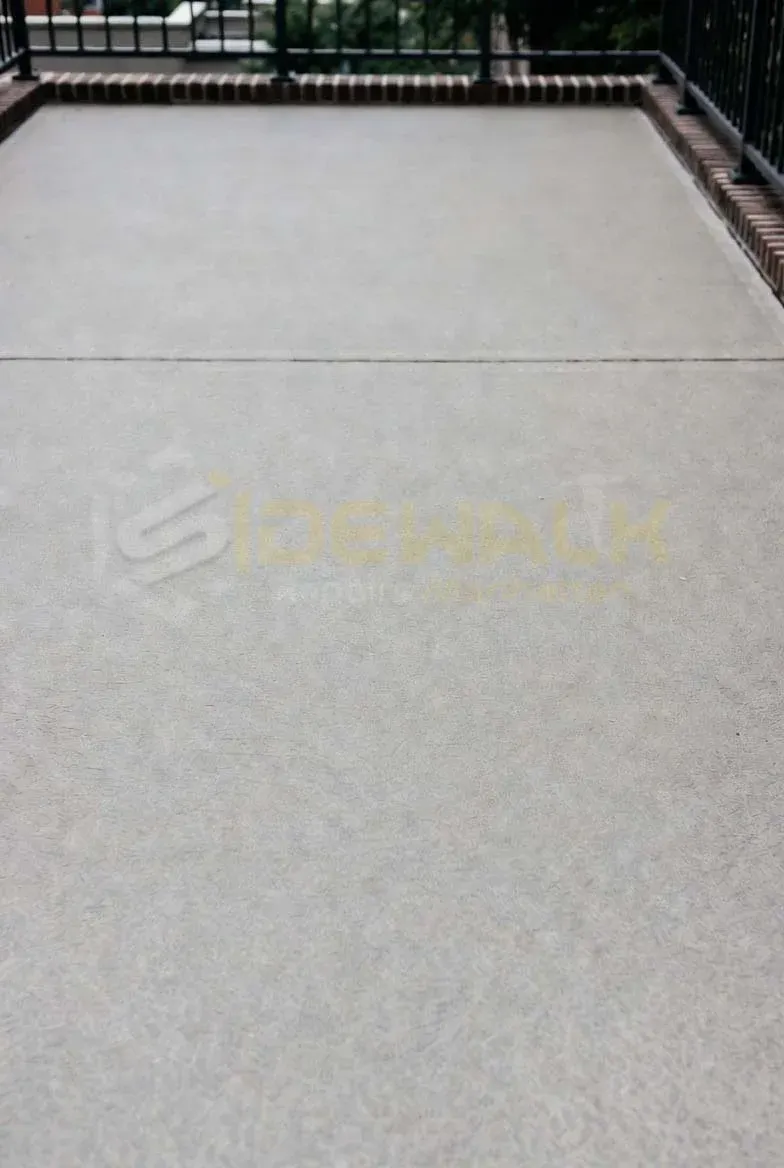
How much does it cost to pave a Concrete driveway?
Paving a concrete driveway is not just about improving the look of your property, it’s a long-term investment. It enhances curb appeal, ensures a smooth and safe surface for vehicles, and adds value to your home. Whether you’re upgrading your old driveway or building a new one, understanding the cost factors can help you plan better and avoid unexpected expenses.
On average, homeowners can expect to pay between $4 and $20 per square foot. For a standard two-car driveway, the typical cost is around $6,400, though smaller driveways may cost as little as $1,087, and larger, custom-designed driveways can exceed $25,000. In some high-end cases with extensive decorative work, the total cost can reach up to $32,000 or more.
Here’s a general breakdown based on the type of finish:
- Plain Concrete: $5–$7 per sq ft
- Basic Decorative Concrete: $8–$12 per sq ft
- Mid-Range Decorative Concrete: $12–$18 per sq ft
- High-End Decorative Concrete: $18+ per sq ft
These figures can vary depending on several key factors. Let’s explore what affects the final price.
Factors That Affect the Cost of Concrete Driveways
Several key factors influence the total cost of installing a concrete driveway. Understanding these can help homeowners make informed decisions and avoid unexpected expenses.
Size and Layout of the Driveway
Larger driveways naturally cost more, as they require more materials and labor. However, contractors sometimes offer a lower per-square-foot rate for larger projects due to efficiency in bulk work.
The shape of the driveway also plays a role. A straight rectangular layout is simpler and cheaper to install, while curves, slopes, and custom shapes increase labor time and complexity, leading to higher costs.
Thickness of the Concrete
Concrete thickness directly affects durability. For standard residential use, 4 inches of thickness is generally sufficient. However, if your driveway will support heavier vehicles like SUVs or delivery trucks, a thickness of 5 to 6 inches is recommended. Thicker slabs mean more materials, which raises the total cost.
Design and Finishing Options
Plain concrete is the most economical option. But if you’re aiming for a premium look, stamped patterns, colored finishes, or exposed aggregates can elevate the appearance. These enhancements increase cost due to extra labor and materials, but they also boost curb appeal and longevity.
Location and Site Conditions
Your home’s geographic location can influence labor costs and material availability. In addition, site-specific conditions such as poor soil, uneven ground, or the need for drainage systems may require excavation, grading, or special preparation, all of which add to the total expense.
Permits may also be needed depending on your city’s construction codes, especially if you’re modifying existing structures or working near public sidewalks. These permits may involve additional fees and inspections.
Quality of Materials
Higher-grade concrete mixes with strong PSI ratings and added reinforcements like steel mesh or rebar will cost more but provide superior durability. Using high-quality aggregates and sealing the driveway afterward also extends its life and minimizes maintenance needs.
Conclusion
A concrete driveway is a practical and valuable upgrade for any property. While costs vary based on size, design, and materials, understanding these factors helps you make better decisions and avoid surprises.
Choosing quality materials and hiring a skilled contractor ensures a durable, long-lasting surface that enhances curb appeal and saves money in the long run. For expert advice or a custom quote, reach out to our team.
You may also read:




